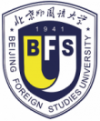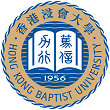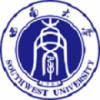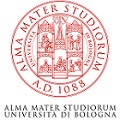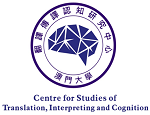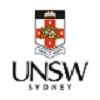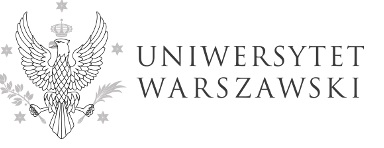In recent years the concept of translation competence has steadily gained acceptance up to the point where it has now become the most widely discussed issue in relation to translator training. Proof of this can be seen, for example, in the work carried out by Hurtado in the PACTE group (2001) or that of Kelly (2002, 2005, 2006). Translation competence is a complex, multifaceted concept that takes in a number of different aspects.Many researchers have adapted the literary studies tradition focused on text genres to both the field of linguistics and language teaching (Swales, 1990,
and Bhatia, 1993, among others) and to translation (Hatim and Mason, 1990; or, for example, the work of the GENTT team, and more especially García Izquierdo, ed. 2005).
In this article we reconsider the value of the concept of text genre in translator training (and, therefore, in the make-up of translation competence), as well as in research on translation. Here, text genre is understood to be a conventionalised, and at the same time dynamic and hybrid, text form (Kress,1985) that represents an interface between text and context, and between the source text and the targettext (Montalt, 2003; GENTT, 2005).
The aim of this study is to go a step further in this line of thinking and explore the relation between genre and translation competence, on the one hand, and the communicative and textual sub-competence, on the other (Kelly, 2005). Indeed, the value of the concept of text genre in the acquisition of translation competence has already been addressed in previous works (Montalt, 2003; Montalt, Ezpeleta and García de Toro, 2005; Ezpeleta, 2005; or García Izquierdo, 2005a). Now, as we have said above, translation competence is a multifaceted concept that is made up of a number of sub-competencies and we believe it is possible to define in greater detail exactly which particular translation subcompetencies could beacquired by using text genre as a teaching aid. More specifically, the main hypothesis we will attempt to illustrate here is that this concept would be especially useful for acquiring what is known ascommunicative and textual subcompetence.
The acquisition of translation competence is a gradual process that is strongly influenced by thedegree of complexity of the texts/genres the translator is working with. The greater the complexity of the text is, the higher the level of competence required of the translator will be. This explains why the relation between text genres and the communicative and textual sub-competence is also affected by the level of complexity and/or specialisation of the texts that the translator has to deal with. Thus, following on with the line taken by the Gentt research team (www.gentt.uji.es), we will be focusing on the analysis of some genres from specialised fields (mainly medical/health care and technical genres) in an attempt to show that the relation between text genre and communicative and textual sub-competence, among others, can be very fruitful.




